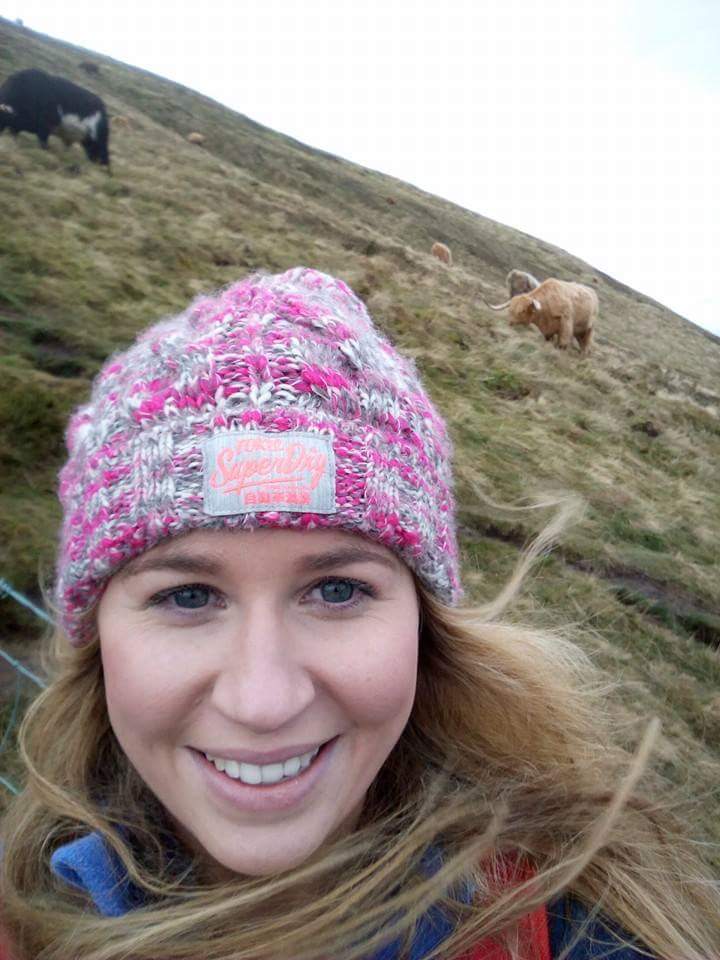Entering into the working world into your first graduate vet job is both a daunting and exciting prospect. You have just graduated, and feel as though the world is your oyster! You’ve grafted through the seemingly unending years at vet school, passed the exams, and finally received that piece of paper which serves as your ticket into this exciting profession. It’s not long before the hunt for a graduate Vet Job comes to an end, and, before you know it, your first day as a working veterinary surgeon is looming…
The transition between seeing veterinary practice as a student and becoming a practising veterinary professional is marked by a stark sense of responsibility. For me, it’s been for the most part a matter of slowly gaining confidence in applying the skills which you have already been taught at vet school. Even having vaccinated countless animals as a student, the first vaccination consult as a qualified veterinarian is still nerve-wracking. What if something goes wrong? What if the patient is difficult to handle? However, slowly but surely, confidence is gained and even a simple vaccination consult gone well in those early days can feel like an internal triumph! There no doubt will, and have been difficult days, in which things can seem overwhelming, but by taking one step at a time and constantly endeavouring to improve your skills and striving to absorb as much knowledge as you can from your more experienced colleagues, you will find yourself quickly progressing as the days go by. That first box of chocolates from a client can be a huge confidence boost!
The most rewarding aspect of the job I have found thus far is having the opportunity to build a relationship with your new clients and their animals. Working up clinical cases and following their progress through to recovery is hugely rewarding. The nature of the course in vet school is such that although we were exposed to a high volume of interesting cases, the need to rotate around different departments often meant that we were understandably not afforded the opportunity to see many cases through to the end of treatment.
I am looking forward to continuing to improve my skills and increase my clinical knowledge throughout the next year. My first few weeks working as a veterinarian have brought with it many challenges, but ultimately have reinforced my earlier decision to follow this exciting career path. The variety that inherently comes with the job is something I have come to relish already, and who knows what next week will bring!
Here are my 5 top tips for your first week in your Graduate Vet Job….
-
Communication
Effective communication is key to a successful first week as a new graduate. Building a rapport with clients can be just as important as your clinical decision-making, so that clients are fully informed along the way. Communicating well with the team and getting to know your colleagues is both important and extremely beneficial, working well as a team can make things so much easier and enjoyable!
-
Preparation
Of course you cannot predict what you will be presented with in your first week of consults at work, however, it is possible to anticipate what common things are likely to present themselves. Ensure you are familiar with the practice vaccination protocol, revise routine surgery techniques and keep a ‘cheat sheet’ of doses of common drugs required to help yourself.
-
Support
Having the support of an experienced mentor in your first job is important. Knowing who you can approach to ask for help is invaluable, as you will undoubtedly need it! Recognising your limitations is key, and with the help of a mentor you can tackle things together and overcome them, gaining skills and the confidence to become more independent as time goes on.
-
Familiarity
Use this first week to become comfortable in your surroundings. If you have completed EMS at the same practice you may already know the layout of the place and be comfortable with the computer system, if not, take the time to explore and familiarise yourself with the equipment and facilities available to you. If in doubt – ask!
-
Downtime
Don’t forget to let yourself switch off for a period of time in between working hours. There may be instances in which you need to research a case or do some further reading at home, but don’t allow this to impede your rest. Ensure you eat well and try to get enough sleep -the first week on the job is a tiring one, and it’s important to ensure you reserve enough energy to make it through to the next one!
If you’re still looking for your first vet job after graduation why not look at our vet jobs or call our Vet Team for some advice on 01423 813453 or email them on [email protected]

